Can Cats Eat AVOCADO? Is It REALLY That Bad for Them?
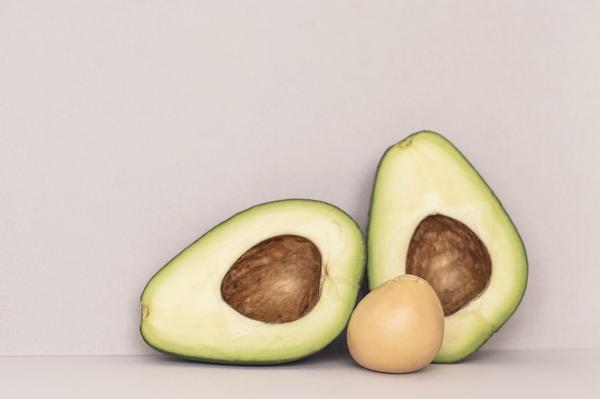
If you're a worried cat parent, there's one burning question keeping you up at night:
Can cats eat avocado? 😺
You've heard whispers of disastrous consequences, health risks, and feline mayhem.
The fear is real, my friend.
The consequences could be catastrophic.
But fear not, because today I have the ultimate guide that will solve this avocado mystery once and for all.
Let's dive in!
Benefits of Avocado for Your Cat
Avocado is not good for cats
Avocado is often praised for its health benefits for humans.
It's full of healthy fats and skin-brightening minerals, making it a favorite among health-conscious people. But when it comes to our furry friends, like cats, avocado should be avoided.
Cats have different nutritional needs than us, so they can't enjoy the goodness of avocados like we can.
Avocado is high in calories and can lead to weight gain in pets, so if you want to keep your cat slim and trim, it's best to stay away from avocado.
Cats don't need extra foods like avocado
Here's the thing:
Cats are obligate carnivores. Their bodies are designed to thrive on a diet primarily made up of meat.
Commercial cat food provides all the necessary nutrients and vitamins for a cat's optimal health, so there's no need to add extra foods like avocado to their diet.
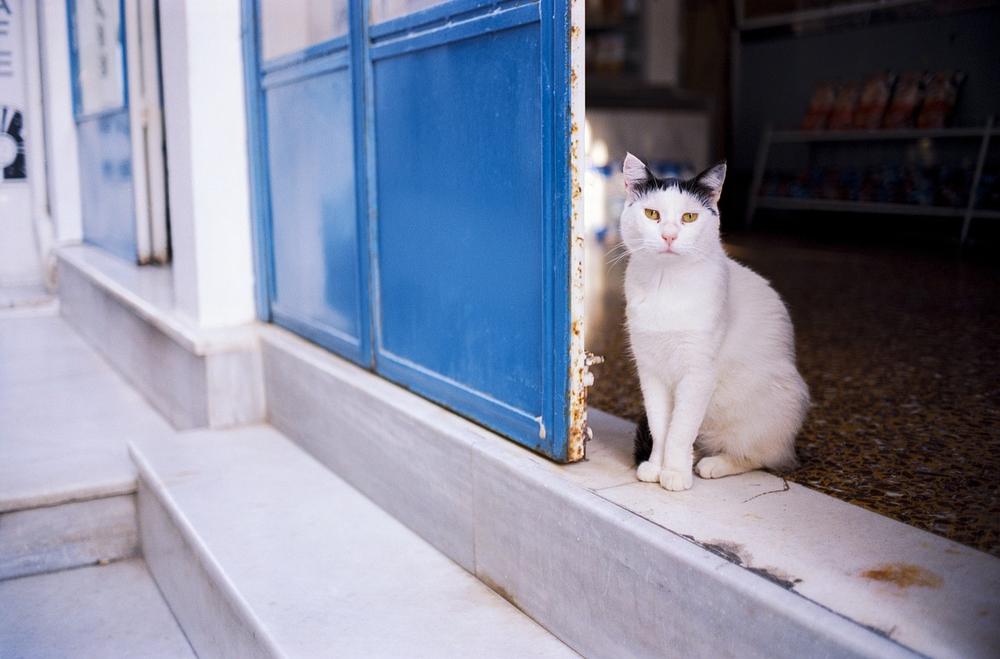
Just focus on giving your cat balanced and nutritionally complete cat food.
That way, you can ensure they get everything they need without the risk of nutritional imbalances or unwanted weight gain.
Safe alternatives for cat snacks
Now, if you're looking for treats or snacks for your feline friend, there are plenty of options out there.
Vegetables can be a great choice as long as they are safe for cats.
You can offer small, bite-sized portions of carrots, peas, and green beans, for example.
However, not all cats enjoy veggies as snacks, so it's all about finding what works for your furry companion.
If you're unsure, consult with your veterinarian for specific dietary recommendations tailored to your cat's individual needs.
While avocado may not be on the menu for cats, there are still plenty of other fruits and veggies that cats can safely enjoy as part of a balanced diet.
Main points I'll expand upon further down this article:
- Avocados contain a toxin called persin that can be harmful to cats.
- Persin is primarily found in the skin, leaves, and pit of avocados.
- Consuming avocados can lead to gastrointestinal inflammation in cats.
- Cats may experience symptoms like vomiting and diarrhea if they consume avocados.
- Persin toxicity can be severe in horses and birds, potentially leading to heart failure or sudden death.
- Cats may experience damage to their heart and mammary glands due to persin.
- Avocado consumption can cause side effects like vomiting, diarrhea, and heart muscle damage in cats.
- It is best to avoid feeding cats avocados, as well as other toxic foods like grapes, onions, and garlic.
- Avocado allergies in cats can result in symptoms like vomiting, diarrhea, fever, and abdominal pain.
- Cats should primarily stick to a balanced diet of cat food, with treats given sparingly.
But there's something important you need to know before considering avocado as a treat for your feline friend...
Is an Avocado Plant Poisonous to Cats?
Yes, avocado plants are toxic to cats due to the presence of a toxin called persin in every part of the plant. Consumption of persin can cause serious health issues in cats. You have to keep cats away from avocado plants and offer safe alternatives.
Attention cat owners, pay attention! 🚫
Avocado plants might seem like a trendy addition to your home decor, but they can be risky for your furry friend.
Let me break it down for you:
Every single part of an avocado plant is filled with a toxin called persin.
Yeah, I know, sounds crazy right?
I mean every part! That includes the irresistible pit and those lush green leaves.
Now, let's get to the point...
If cats consume large amounts of persin, it can seriously mess up their health.
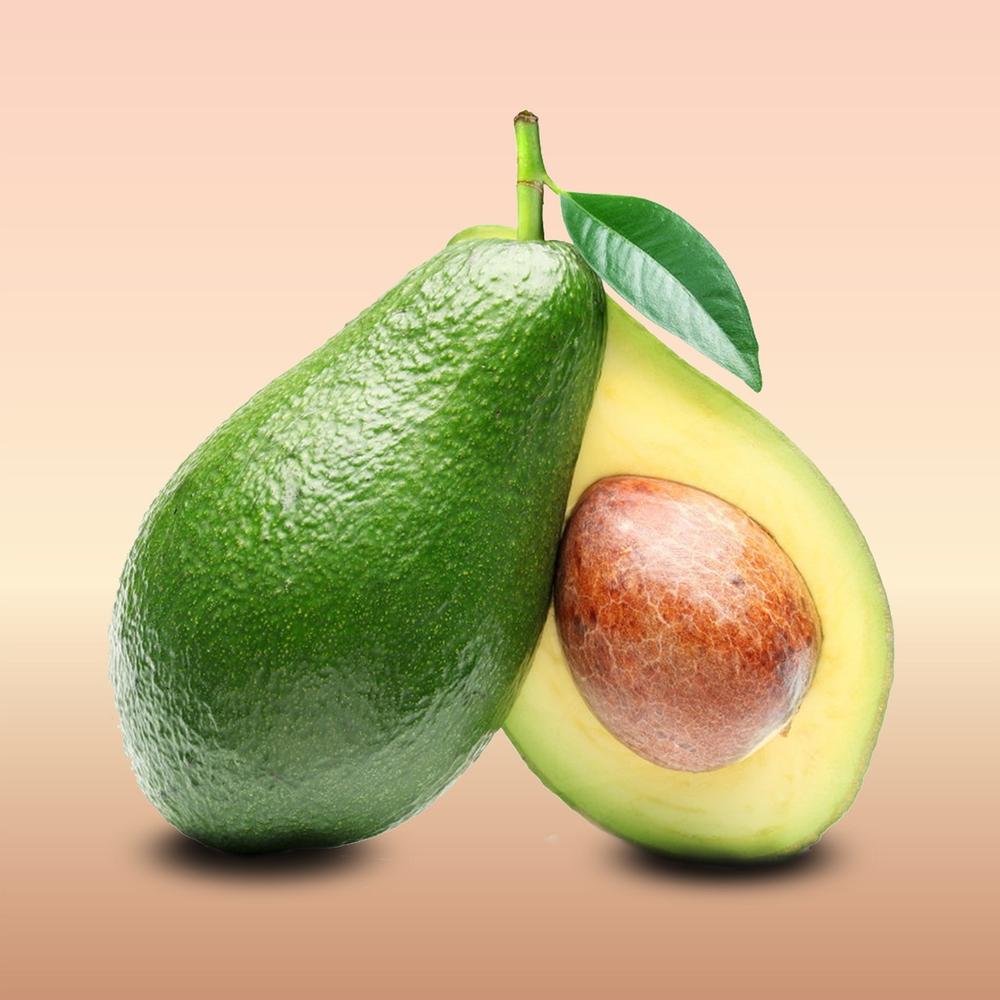
I'm talking about some major problems here, folks.
So, it's crucial to keep those adorable whiskers away from avocado plants.
Don't even think about letting them nibble on those tempting leaves or play with that dangerous pit.
It's simply not worth the risk!
Oh, hold on, there's one more thing:
Don't forget to provide safe alternatives for your cat to enjoy.
Trust me, there are plenty of other delightful plants out there that won't put your feline buddy in harm's way.
After all, you wouldn't want your precious whiskers to suffer, would you?
But what about other fruits and vegetables?
Are there any others that are harmful to our feline friends?
Signs of Persin Toxicity in Cats
Watch for these signs of persin toxicity in cats—you'll want to avoid any trouble:
- Look out for them vomiting.
- And if they have diarrhea—red flag!
- Gastrointestinal inflammation is bad news.
- Watch for heart damage too—for real.
- Even their mammary glands can get messed up.
- Sorry, but keep avocado plants away—the skin, leaves, and pit are risky.
- Don't even think about giving them avocados as food.
- And hey, grapes, onions, and garlic are toxic too, so steer clear.
- Cats are super susceptible to persin toxicity—keep that in mind.
- Horses and birds can feel the severe effects—not just cats here.
- They could straight up have heart failure or drop dead—seriously, it's possible.
- So be careful about what you feed your furry buddies—play it safe.
Make sure you're on top of things by recognizing these symptoms and keeping potential dangers at bay.
So, be smart—keep those avocados out of their reach and go for safer options for your feline friend! 😺
Furthermore, if you're concerned about what food is safe for your feline companion, I urge you to explore my blog post on the topic. The article, titled Can Cats Eat Ginger, delves into the question of whether ginger is not only harmless but also boasts any health benefits for our curious and cautious kitties.
It's an informative guide that will address your curiosity while ensuring the well-being of your beloved pet.
Avocado and Cats: Risks, Consumption, and Necessary Actions
To ensure the safety of your furry friend, follow these 12 essential guidelines when it comes to cats and avocados:
- Avoid feeding cats avocado due to persin toxicity.
- Large amounts of avocado can harm cats and cause side effects.
- If your cat consumes avocado, remove any remaining food from their mouth.
- Contact your veterinarian if you suspect avocado ingestion or see adverse symptoms.
- Some cats may have avocado allergies, resulting in vomiting, diarrhea, fever, etc.
- Avocados' high-fat content can lead to pancreatitis with severe symptoms.
- Swallowing avocado seeds can cause obstruction in cats.
- Monitor your cat for signs of illness if they eat avocado.
- Provide a balanced diet with commercial cat food for all necessary nutrients.
- Opt for alternative snacks like plain turkey, chicken, or watermelon.
- Never replace a cat's diet entirely with avocado or give avocado-based treats.
- Consult your vet about any dietary concerns or questions you may have.
Prioritizing your cat's health is crucial when deciding what foods to offer them.
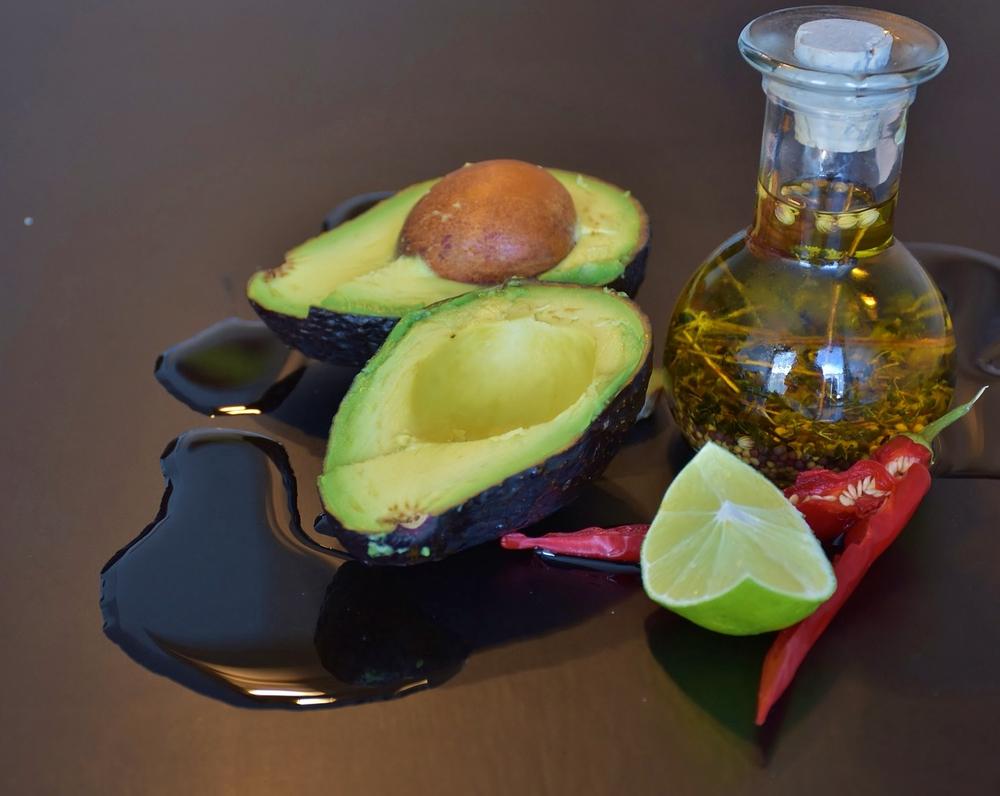
And it gets even more interesting...
How to Feed Avocado to Your Cat
If you're thinking of giving your cat avocado, there are a few things you should know.
- Be careful when giving avocado to your cat because the pit can be dangerous if they choke on it.
- Talk to your vet about how much avocado is appropriate for your cat based on their size and weight.
- Let your vet know how much avocado your cat ate and what other ingredients were in their food.
- A tablespoon of avocado (around 15 grams) is enough for your cat. Keep in mind that cats have carnivorous stomachs, so fruits like avocados are digested differently.
- When introducing new foods or treats to your cat, do it slowly and in moderation. Remember to prioritize a balanced diet for them.
- Don't let treats become a big part of your cat's daily meals.
Remember these pointers to provide your cat with occasional avocado treats without compromising their overall health and wellness.
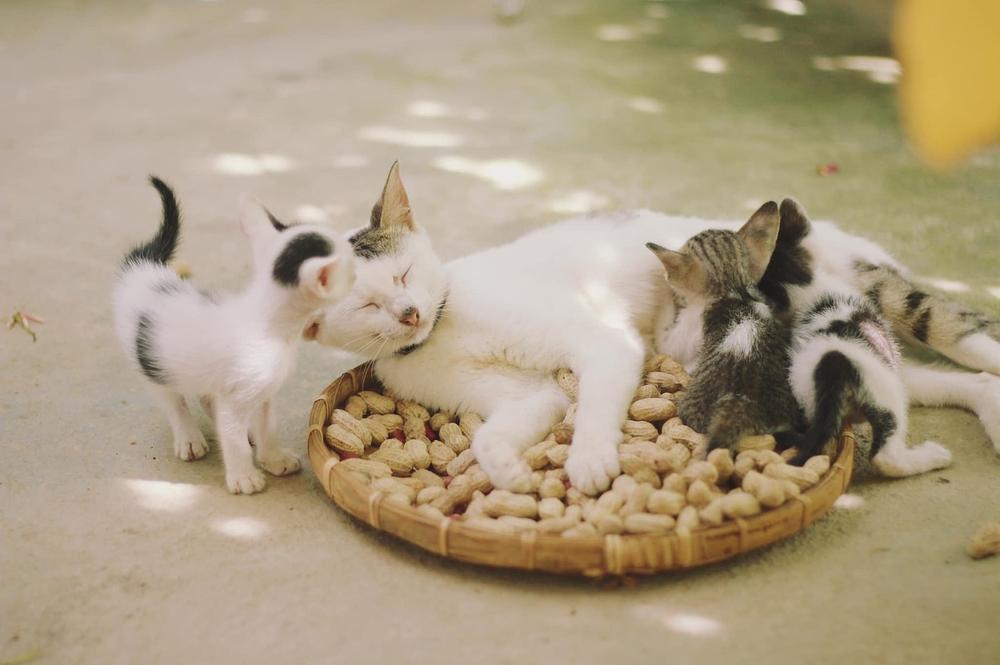
Don't you always want what's best for your furry friend?
Why Do Cats Like Avocados?
Avocado may catch your cat's attention with its texture and smell, but remember they are obligate carnivores.
While curiosity might lead cats to desire human foods like avocado, giving in to their begging is not recommended.
To keep your furry friend healthy, focus on providing them with complete and balanced cat food that meets their specific dietary needs. Cats require targeted nutrition to thrive.
So, resist the temptation to share your avocado snacks and opt for cat-friendly meals tailored to their well-being.
And that wraps up today's article.
If you wish to read more of my useful articles, I recommend you check out some of these: Can Cats Eat Hazelnuts, Can Cats Eat Bell Peppers, Can Cat Eat Cashew Nuts, Can Cats Eat Parsley, and Can Cats Eat Kiwi
Talk soon,
-Sarah Davis